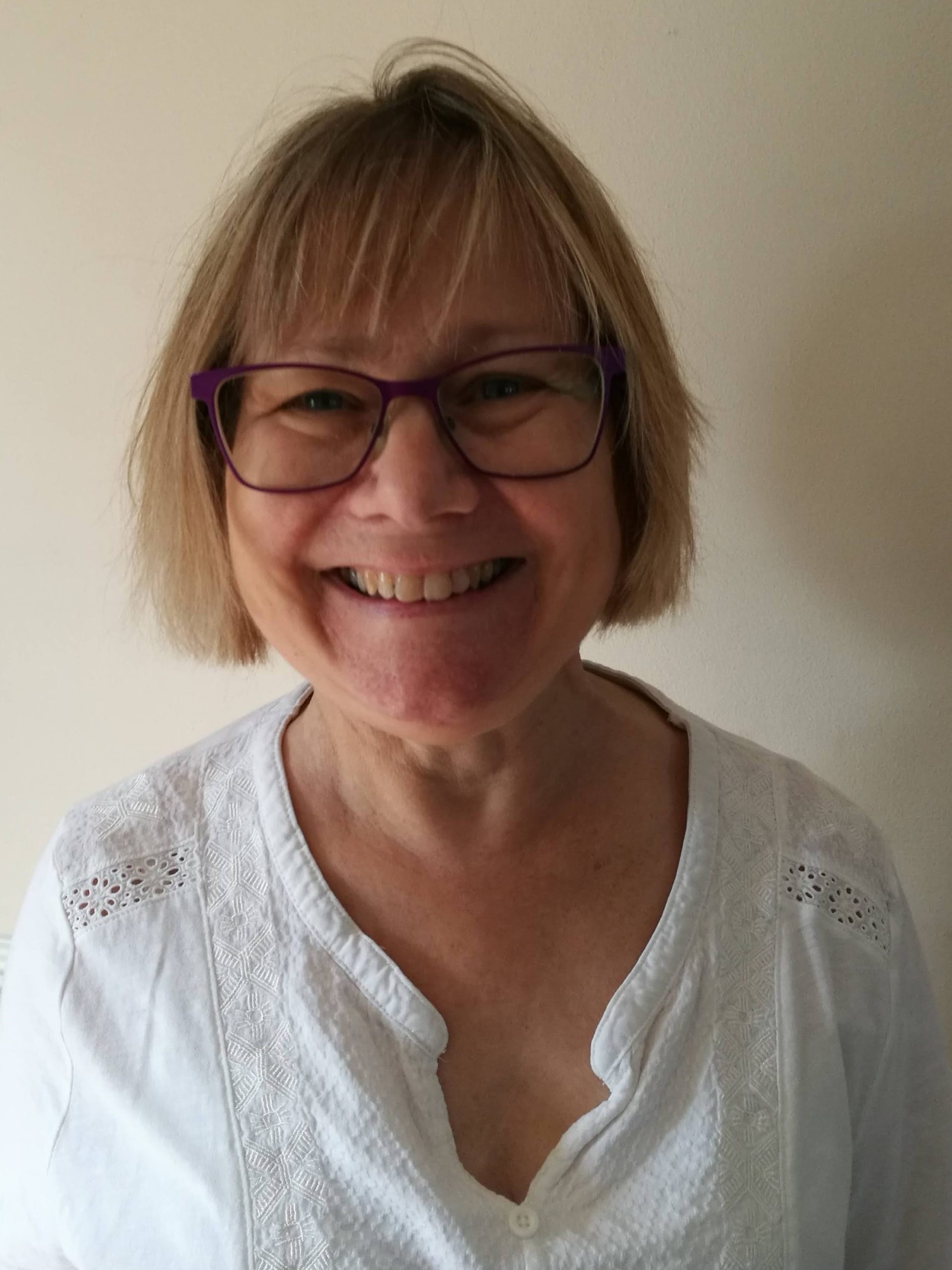Deep Listening and Diagnostic Assessment

I first meditated with Thich Nhat Hanh at a retreat at Nottingham University in 2012. One day on the retreat, I was quite tired and decided to miss the mindful walking with Thay and go back to my room and rest. I paused on a small hill next to a tree. In the distance, I saw Thay leading everyone in mindful walking.
Deep Listening and Diagnostic Assessment

I first meditated with Thich Nhat Hanh at a retreat at Nottingham University in 2012. One day on the retreat, I was quite tired and decided to miss the mindful walking with Thay and go back to my room and rest. I paused on a small hill next to a tree. In the distance, I saw Thay leading everyone in mindful walking. As I stood and watched, Thay turned and led the group up the hill
towards me and then sat under the tree. Everyone else sat down around me, and we listened as Thay talked. I felt safe and happy. The retreat in Nottingham changed my life for me. My meeting with Thay’s love changed my life.
I am a qualified specialist teacher, and I have written diagnostic assessment reports for students in higher education with specific learning difficulties (SpLDs), such as dyslexia, for many years. I have enjoyed a full-on career of teaching people of various ages, from young children up to adults in various educational institutes. Dyslexia affects ten percent of the population.1 It still
goes largely undiagnosed and unsupported. People can struggle with this disability throughout their lives.
Something I do not fully understand is going on when I assess the person. What is happening to me during the process, and how does this impact the person I am assessing? How does the person I am assessing influence the time we spend together? Have the Five Mindfulness Trainings influenced my work? And if they
have, how have they impacted my assessments?
The Fourth Mindfulness Training, “Loving Speech and Deep Listening,” has been an important part of the assessment process for me. It is a commitment to work on loving speech and deep listening: “I am committed to speaking truthfully using words that inspire confidence, joy, and hope.” It is about speaking and listening in a way that can help myself and the other person release suffering and see the way out of difficult situations.
A diagnostic assessment in higher education is an opportunity to investigate students’ strengths and challenges they have encountered during their education. It includes a number of tests and tasks to ascertain whether or not a person has an SpLD to see if they will need support at university. It is an intensive testing system, which can be a daunting process for most students, especially as we get into areas where there might be significant weaknesses and difficulties they have encountered and have never had the opportunity to talk about. The assessment and the ensuing report must be carried out with professionalism and sensitivity to the assessee and their situation.
In both the feedback given at the time of the assessment and in the writing of the report, it is important to consider the student’s strengths as well as their weaknesses and discuss any compensatory strategies that the student has developed. This is an opportunity for me to practice loving speech, give positive input, discuss the person’s strengths and strategies, and give them confidence in their abilities. Weaker areas also need to be talked about with compassion and understanding. Being assessed can be a life-changing process.
Loving speech also includes loving writing when I write the report. It is an opportunity to give positive feedback, inspire confidence, and celebrate strengths. It is also a time to give truthful diagnostic information in a gentle and compassionate way that can support the person. Unmindful speech and unmindful writing can have a devastating effect on someone’s self-image and confidence.
During an assessment, many things are happening on a number of levels. There are breaks and pauses. There are silences. How can I support someone through the assessment? How am I connecting with the person I am sitting opposite? These pauses and breaks are needed to absorb, breathe, and cope with the information we are both gaining and with the emotions we are encountering. Mindful breathing helps me concentrate, focus and pause, connect with the present and with the other person, and accept the silences.
Deep listening or compassionate listening means paying attention, not always needing to respond, being comfortable with the silences, not interrupting, and not judging. It is time to stay calm and peaceful. It is not something that always comes easily to me. Listening with my full being inspires an awareness of understanding and compassion and allows the other person to trust the process and feel safe. The student notices the energy of compassion and possibly feels able to open up for the first time in their lives to discuss the issues they have encountered.
The student might do some tasks and tests very slowly; perhaps I lose my concentration. My breath can bring me back from any wandering thoughts to the present and the process of the assessment.
If a student is anxious or stressed, coming back to our calmness and stability through breathing eases the situation. My presence can support the other person and affect the environment we are in. We are working together throughout the assessment. I am not in charge except for directing the structure and instructions governing the tests and tasks. The student’s energy affects my
energy.
The practice of deep listening includes listening to myself and my own pain. As I practice listening, I am no longer afraid to acknowledge my suffering. I can stop being afraid to listen to another person’s suffering. The Fourth Mindfulness Training can keep me from closing someone down because I feel I cannot cope with their difficulties. The training nourishes me, which helps me nourish the other person. Without self-compassion, we cannot relieve the suffering of another person. We cannot transform or heal ourselves or the people around us.
Since attending my first retreat in Nottingham with Thay and joining my local Sangha, I have been exploring how a small part of the Fourth Mindfulness Training has influenced my work as an assessor. This training encourages me to listen, not only to other people but also to myself. As I do this, my way of responding to others changes. I become more patient, more able to listen and give the person I am assessing more time to respond. I am less concerned by the silences or by listening to issues which could be overwhelming, and I am more able to speak and write truthfully with compassion. My professional experience and the Fourth Mindfulness Training are so intertwined it is impossible to say where one begins and the other ends. As Thay says in The Art of Living, we inter-are.
1 British Dyslexia Association, https://www.bdadyslexia.org.uk/dyslexia.

Carole Moore, Deep Awareness of the Heart, is a
retired teacher who became an aspirant of the Order of the Interbeing during the summer of 2020. She facilitates at the Sea of Calm Sangha in Kent in the United Kingdom.

